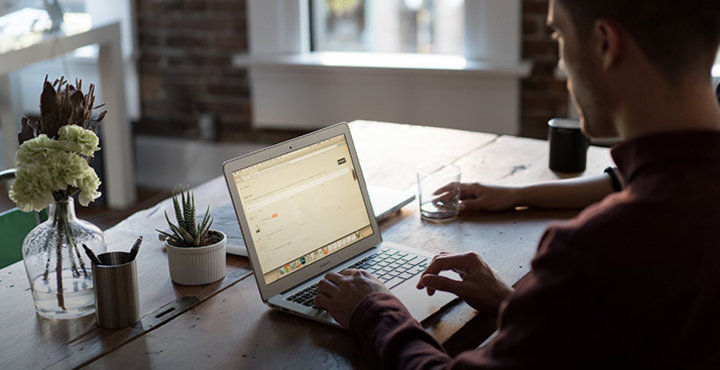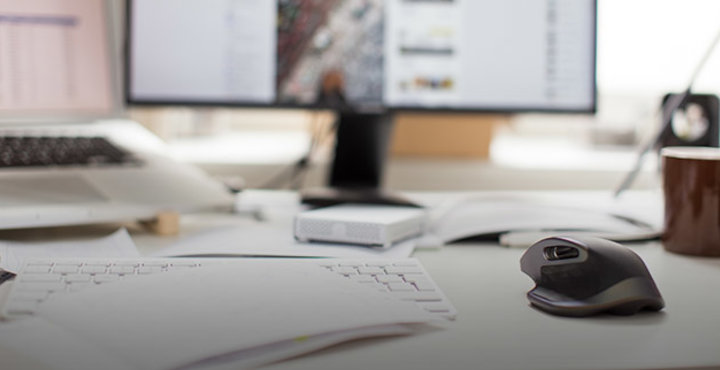A follow-up can go a long way
After an interview, it is appropriate to follow up with the employer by way of a thank-you letter, either in the form of a short note, an email, or a formal letter. A post-interview follow-up letter will show your potential employer that you are grateful for the interview opportunity and also committed to the position. A follow-up letter will also give you one last opportunity to make a good impression.
Who should you write the follow-up letter to?
An interview follow-up letter can be sent to someone who has forwarded valuable information to you (either by phone or in person), an individual who was helpful in some way at a career fair, or a general contact with whom you wish to develop a good business relationship.
A simple follow-up letter showing your appreciation can be handwritten and is thereby more informal. We recommend using this type of follow-up letter in situations when you have had a brief on-site visit with someone with respect to a job posting or offer, or for a person who has helped you in some other small but significant way.
Emailing an interview follow-up letter is acceptable if this has been your standard form of correspondence with your contact, or if he or she has suggested this option. A hard-copy follow-up letter (a formal, typed document) is considered to be appropriate under any circumstances, and especially after an interview. Refer to our post-interview follow-up letter example to see how to format and write this type of letter.
Time your response right
If you're writing a follow-up letter as a follow-up to an interview, make sure you do so within 48 hours of meeting with the prospective employer. This letter will serve to show your appreciation for his or her time and interest in you as a potential candidate, will restate your interest in the company, and will clearly indicate that you understand the relevance of showing your gratitude as a form of good business sense.
Even if you are not hired for that particular position, your recipient may remember you for other opportunities (in-house or for other business contacts) based on your professional etiquette. They may also recommend another opportunity for you in your candidate rejection letter.
Keep the lines of communication open
Some employers will indicate their plans for a post-interview follow-up meeting during the interview; for example, they might provide a time frame during which you will receive a response and by what means you will receive it. In this case, the purpose of your letter will be to thank them for their time and to indicate that you look forward to hearing from them, reiterating the timeframe and contact information they suggested.
If you do not hear from the employer within a few days after the end of their time limit, it is acceptable to call and politely inquire about your application and the job in question. Life being what it is, unforeseen delays could have played a part in their processing schedule.
If your interviewer did not mention a plan for following up and it did not come up in your conversation, we recommend using your thank-you letter to inquire about this. Remember to include the particulars of the interview, namely the time and place of the interview and the name of the interviewer, if it is not the person to whom you are addressing your follow-up letter.
A polite inquiry shows that you are interested in the job and may give the person a gentle reminder to be in touch with you in the near future.
Good luck!
We wish you the best of luck in your job search. If you require help with any of your employment documents, be it a cover letter, resume, or thank-you letter, feel free to submit them for a professional review, via our resume editors.
Image source: Tsyhun/BigStockPhoto.com



